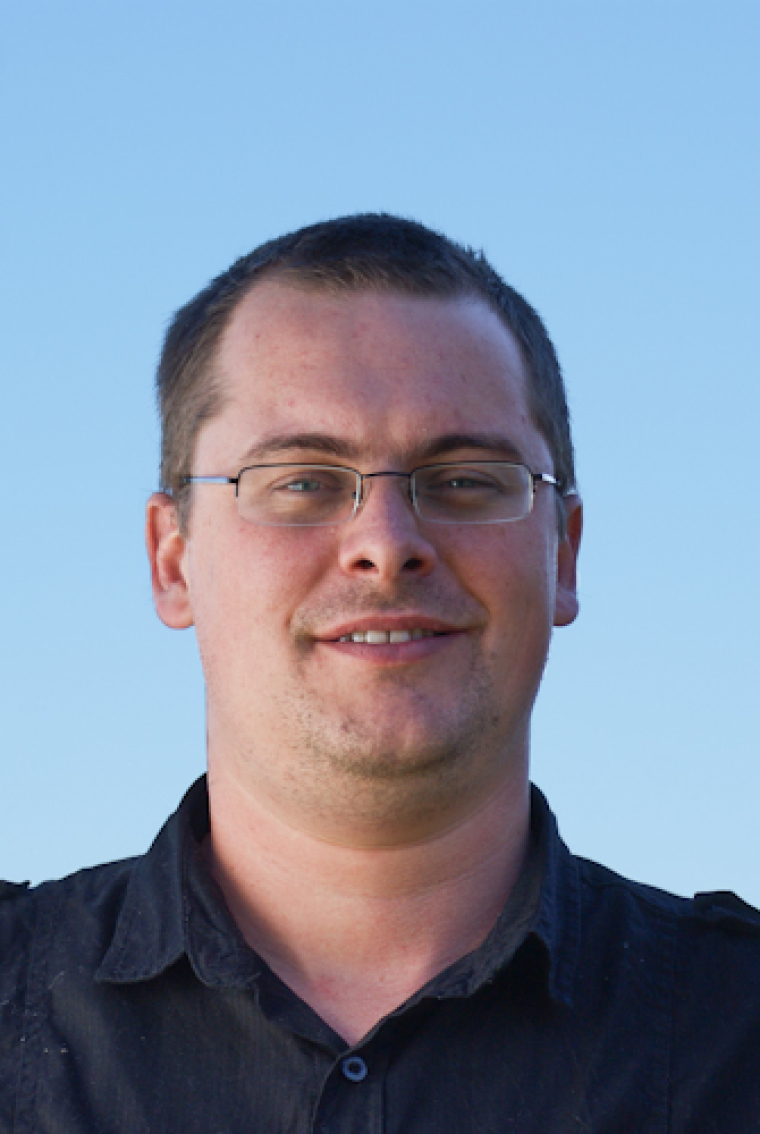
In moving to Australia, learning how to better communicate with me hasn't been the only challenge Sylvia has faced, but that of finding work, friends, dealing with bouts of periodic homesickness and settling into the Aussie way of life.
Sylvia, coming from a working class Zambian family, had a completely different upbringing to a typical Aussie kid. Having 13 brothers and sisters, personal space and alone time was often a luxury, and her average day was filled with various chores from cleaning the house, preparing family meals to fetching water and washing in addition to a full time job. In fact her day often started at 4am with preparing breakfast for the family, and didn't finish until 10pm, when she finished cleaning up from dinner.
Compared to Australia, Zambian culture places a greater emphasis on relationships and community. The home is an open place with friends and family frequently dropping by unannounced and staying for extended periods of time. The responsibility of raising children is not the parents alone, but also the responsibility of the extended family, and community as a whole.
Should an older person see a child misbehave, an older person will take the responsibility of talking to, and even disciplining the child if necessary, whether they are family or not. So strong is the sense of community and family, that sometimes in cases where a sister cannot have children, other family members will happily give their own child to her to raise.
Australia's social norms
In Australia, we seem to have a time conscious and task focused culture. We often organise our socialising around a central theme or event, we generally don't show up at a person's house unannounced and we consider it incredibly rude to waste someone's time (as anyone who has taken a telemarketing call can attest). We value our personal space and privacy, which although may help us relax and find time for hobbies and other persist, it can make us increasingly isolated as our homes becoming castles we retreat into, and our families become islands.
In adapting to this new way of life, Sylvia has found that although people here are generally welcoming and friendly, its expressed differently and perhaps not as deeply as at home. Food has been an adventure, as Australia has a hugely varied diet which took a while to get used to.
Everything in Australia is automated and mechanised. Having machines to cover all the domestic chores from washing the clothes to washing the dishes is considered standard here, whereas in Zambia, even though these tools are freely available, not many people have them to the extent we do.
Sylvia has found the amount of mechanical help we have is great for freeing up personal time, but terrible for health. Weight was never an issue in Zambia, in fact it was hard to put it on due to the physical nature of the daily routine. In Australia, the opposite is true requiring us to spend more of the free time we claimed back through the use of these tools on way more boring tasks like exercising.
Qualifications recognised in Australia
Aside from leaving and missing family, finding work has been the most difficult process in migrating to Australia. In fact of Sylvia and two other Zambian friends who also moved to Australia around the same time as us, only one has found full time work here.
Trying to get Zambian qualifications recognised here can in reality be quite demoralising. There are a number of services which can help in this process, however simply getting her Zambian qualifications in the format that Australia requires, can be quite an arduous and lengthy process.
Australian qualification standards can be quite exclusive depending on the field of employment a person is seeking, and often differ even between states. In Zambia, Sylvia was a fully qualified teacher, taking a managerial position in a school teaching disadvantaged kids.
At the time of leaving, she had just completed a diploma of special needs education, intending to head up a new class for children with disabilities. Unfortunately, in Australia her despite her qualifications she has had to return to further her education to hopefully one day (soon) get a job in childcare.
All up, as we near our fourth year of marriage in Australia, Sylvia's experience here has been mostly positive. Her course should be completed soon and we are fairly hopeful for what the future may bring. One piece of advice that Sylvia has frequently offered others about to undergo the same process is to be patient, get to know the locals, and be willing to complete additional studies ontop of what's been done back home.
It takes time and effort to get to know the way of life in a new place, and concerning study, without having Australian qualifications, they will be fighting an uphill battle.
Ben Kitzelman has spent the last 4 years travelling between Australia and Zambia, serving for one as a missionary, and is now an IT professional in Melbourne.
Ben Kitzelman's previous articles may be viewed at www.pressserviceinternational.org/ben-kitzelmen.html